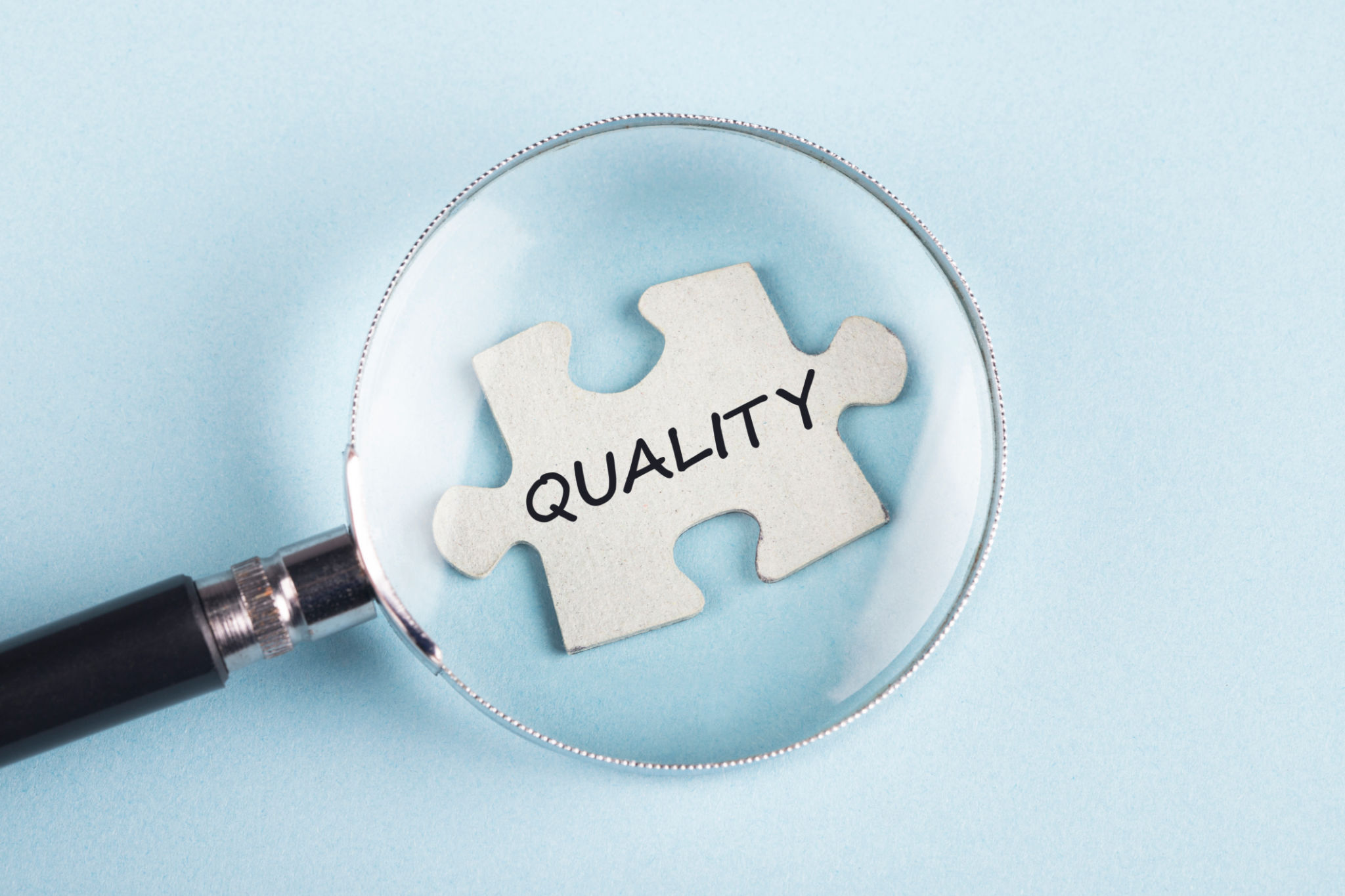Navigating Quality Standards: A Guide for Corona-Based Companies
Understanding Quality Standards
For companies in Corona, maintaining high-quality standards is not just a best practice but a necessity to stay competitive in today's market. Quality standards help ensure that products and services meet customer expectations and regulatory requirements. This guide aims to help Corona-based businesses navigate these standards effectively.
Quality standards can vary significantly depending on the industry. For instance, a manufacturing company might prioritize different standards compared to a service provider. However, irrespective of the industry, the core principle remains the same: consistency and excellence in delivering value to customers.

The Importance of Compliance
Compliance with quality standards is crucial for several reasons. Firstly, it helps in building customer trust and loyalty. When customers are assured that they are receiving quality products or services, they are more likely to return and recommend the company to others. Secondly, compliance can help avoid legal issues and penalties associated with non-compliance.
Moreover, adhering to quality standards can lead to operational efficiencies. By following set protocols and procedures, companies can minimize waste, reduce errors, and enhance productivity. This, in turn, can lead to cost savings and increased profitability.

Identifying Relevant Standards
Identifying the right quality standards for your business is a critical step. Start by researching industry-specific standards that apply to your operations. In some cases, there may be multiple standards that your business needs to adhere to. For instance, a food processing company might need to comply with both local health regulations and international food safety standards.
Once you have identified the relevant standards, it's important to understand their requirements thoroughly. This might involve consulting with industry experts or hiring a quality consultant who can provide guidance on implementing these standards effectively.

Implementing Quality Control Systems
Implementing an effective quality control system is essential for ensuring compliance with standards. Start by establishing clear procedures and protocols for every aspect of your operations. This includes setting benchmarks for product quality, conducting regular inspections, and maintaining detailed records of all processes.
Employee training is also a crucial component of a quality control system. Ensure that your staff is well-versed in the procedures and understand the importance of adhering to quality standards. Regular training sessions and updates can help keep everyone aligned with the company's quality objectives.
Continuous Improvement
Quality management is not a one-time effort but an ongoing process. Embrace a culture of continuous improvement by regularly reviewing your quality control systems and seeking ways to enhance them. Conduct periodic audits to identify areas of improvement and implement changes as necessary.
Encourage feedback from employees and customers as they can provide valuable insights into areas that might require attention. By fostering an environment of open communication, you can ensure that your company remains at the forefront of quality excellence.

Leveraging Technology
In today's digital age, technology plays a vital role in maintaining quality standards. Utilize advanced software solutions for monitoring and analyzing quality metrics. These tools can provide real-time data and analytics, helping you make informed decisions quickly.
Automation can also streamline many aspects of quality control, reducing human error and enhancing efficiency. By integrating technology into your operations, you can improve accuracy and maintain consistency across your processes.
The Road Ahead
Navigating quality standards might seem daunting, but with the right approach, Corona-based companies can turn it into a competitive advantage. By understanding the importance of compliance, implementing robust systems, and embracing continuous improvement, businesses can ensure they meet and exceed customer expectations consistently.
Remember, the pursuit of quality is an ongoing journey. Stay informed about changes in industry standards and be proactive in adapting to them. With dedication and commitment, your company can achieve excellence in every aspect of its operations.